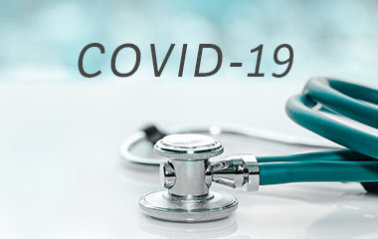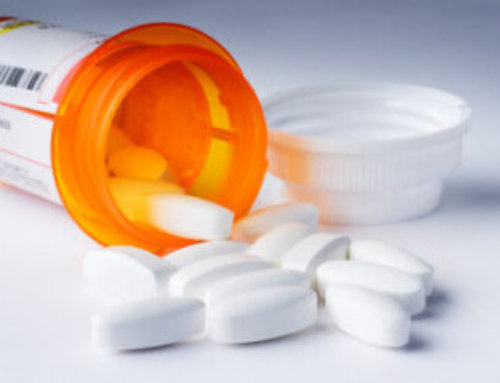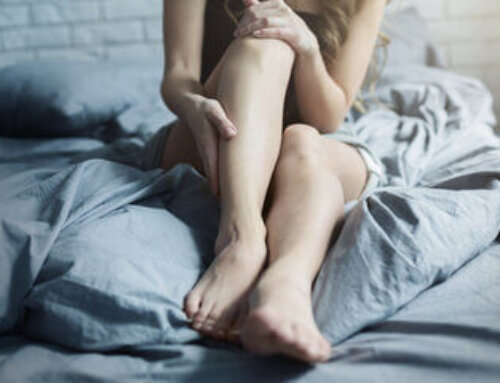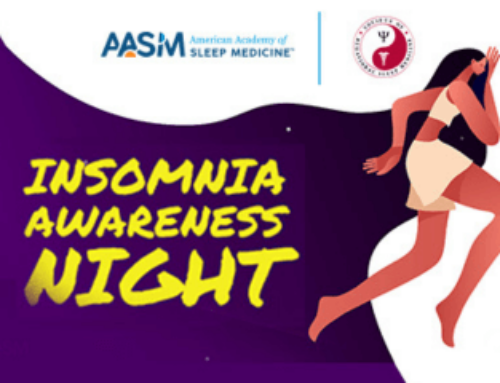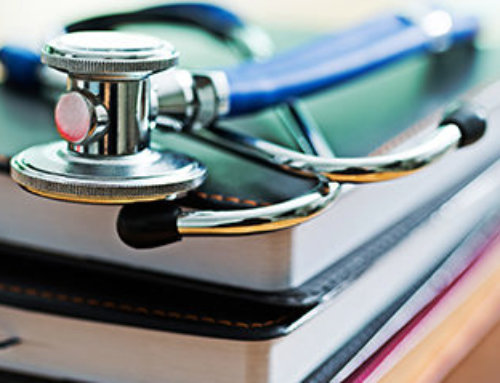The American Academy of Sleep Medicine (AASM) is gathering resources for patients and the public about sleep, obstructive sleep apnea, CPAP therapy, and the novel coronavirus (COVID-19).
The AASM encourages you to follow the CDC tips on how to prevent getting sick. You also can use the Coronavirus Symptom Self-Checker from the CDC.
The information below is for educational use only. The AASM is unable to provide specific medical advice. You should discuss your health and medical condition with a local medical provider. You also can request a telemedicine appointment with a health care provider who is licensed in your state.
Sleep Doctor Answers Questions about COVID-19 and Sleep
In this video, Dr. Raj Dasgupta answers questions about COVID-19 and sleep submitted by the public to the American Academy of Sleep Medicine. Dr. Dasgupta covers topics such as CPAP use at home, cleaning CPAP, ventilators, and medication usage.
Rajkumar (Raj) Dasgupta, MD, FACP, FCCP, FAASM, is the assistant professor of clinical medicine at Keck School of Medicine at the University of Southern California. He is also the assistant program director of the Department of Internal Medicine. He is quadruple board certified in internal medicine, pulmonary disease, critical care medicine, and sleep medicine.
To read a partial transcript of this video, go to the blog post on the Sleep Education website, where you can leave a comment with your thoughts and feedback.
Ventilator Shortage: CPAP Device Donations
Across the country, there is a shortage of the ventilators that hospitals need to provide care for people who have COVID-19. Multiple groups are developing strategies to modify PAP machines so that they can be used as ventilators.
One of these groups is the COVID-19 Ventilator Rapid Response Team. This coalition includes UC Berkeley engineers, emergency room doctors, critical care physicians, and pulmonologists. They also have set up a website, VentilatorSOS.com, where you can fill out a form to indicate that you are interested in donating a CPAP or BPAP machine.
Another group is the Ventilator Project. It has joined forces with the University of Rhode Island, the Rhode Island Commerce Corporation, and the Rhode Island Department of Health. They are now working with low resource hospitals around the world to provide a simple ventilatory system for COVID-19 patients. Learn more at VentilatorProject.org.
Frequently Asked Questions
General FAQs about COVID-19
Additional FAQs about sleep and COVID-19
The AAHS also has a Facebook group for patients who have sleep disorders.
The American Thoracic Society (ATS) has a patient fact sheet, “COVID-19 and Home Positive Airway Pressure (PAP) Therapy.”
AASM FAQs about sleep and COVID-19
Do I have a higher risk of getting coronavirus because I have sleep apnea?
The CDC does not list sleep apnea as a medical condition that puts you at increased risk of severe illness from the virus that causes COVID-19. People who are at increased risk for severe illness include:
- Older adults
- Those who have certain underlying medical conditions. These conditions include
- Cancer
- Chronic kidney disease
- COPD (chronic obstructive pulmonary disease)
- Heart conditions, such as heart failure, coronary artery disease, or cardiomyopathies
- Immunocompromised state (weakened immune system) from solid organ transplant
- Obesity (body mass index [BMI] of 30 kg/m2 or higher but < 40 kg/m2)
- Severe Obesity (BMI ≥ 40 kg/m2)
- Pregnancy
- Sickle cell disease
- Smoking
- Type 2 diabetes mellitus
If I have symptoms of the coronavirus, should I continue using my CPAP?
If you have symptoms of the coronavirus, you should isolate yourself in a separate bedroom and use a separate bathroom, if available. In this “recovery room,” you can continue to use CPAP while you sleep alone. Be sure to follow these steps for routine CPAP care:
- Wash your hands thoroughly with soap and water before and after handling the CPAP device, mask, tubing and filters.
- Clean your CPAP equipment according to manufacturer’s instructions.
- Change filters and accessories as directed in your CPAP user guide.
- Avoid letting anyone smoke in your home, especially around the CPAP machine.
- Keep pets away from your CPAP machine.
- Use distilled water in your humidifier to keep the tub clean.
**Get medical attention immediately if you develop emergency warning signs for COVID-19. Emergency warning signs include trouble breathing and persistent pain or pressure in the chest.
After you are free from the coronavirus, replace your CPAP filters and disposable accessories.
If I have symptoms of the coronavirus, will using CPAP spread the virus to others?
Current evidence suggests that the virus that causes COVID-19 spreads mainly through close contact from person to person, including between people who are physically near each other (within about 6 feet). It is transmitted through respiratory droplets produced when an infected person coughs or sneezes. However, there is some concern that using CPAP could spread the virus through the exhalation port, which allows carbon dioxide to escape from your mask. This port also may release smaller virus-containing particles as an “aerosol,” which can remain suspended in the air for a few hours. It’s possible that your bedpartner could inhale these virus particles. Therefore, it is important to sleep alone by isolating yourself in a separate bedroom. You can continue to use CPAP while sleeping in this recovery room.
The virus also can remain on surfaces for a long time. Others could get the virus by touching an infected surface and then touching their own mouth, nose or eyes. Be sure that you routinely clean “high-touch” surfaces in your recovery room and bathroom. This includes include phones, remote controls, counters, tabletops, doorknobs, bathroom fixtures, toilets, keyboards, tablets, and bedside tables.
Should I use CPAP if I have symptoms of the coronavirus but can’t self-isolate?
If you have symptoms of the coronavirus but are unable to isolate yourself in a separate bedroom, then you should contact your medical provider. Ask your medical provider if there are short-term interventions or alternative treatments for sleep apnea that could help you while you recover from the coronavirus.
If I have the coronavirus, will my CPAP be helpful for my breathing? Or could CPAP cause the coronavirus to get worse?
If you have the coronavirus, you should continue using CPAP while sleeping alone in a separate bedroom. There is no evidence that using CPAP will cause the coronavirus to get worse.
If I have the coronavirus, how should I clean and disinfect my CPAP mask and hose?
The CDC recommends that you should clean and disinfect your medical equipment according to the manufacturer’s instructions.* The directions for CPAP masks and hoses normally include regular cleaning with soap and water.
*Keeping it clean: CPAP hygiene (Philips)
*How to clean your CPAP equipment (ResMed)
The CDC also recommends that you clean and disinfect frequently touched surfaces in your household. This includes door knobs, light switches and handles. Learn more from the CDC about how to clean and disinfect your household.
Is it safe to use CPAP if I don’t have symptoms of the coronavirus?
If you have the coronavirus, you may be able to spread it to others before you have symptoms. Even if you don’t have symptoms of the coronavirus, you may want to sleep and use CPAP in a separate bedroom during this public health emergency.
Distilled water is unavailable in my area. What should I use in my CPAP humidifier?
According to ResMed, “*optimal* humidifier performance requires distilled water. That’s because most or all of its minerals have been removed, preventing mineral buildup in the humidifier tub. That said, tap or bottled water may also be used. It will not harm the device or pose a risk to patients. It will, however, require more rigorous humidifier cleaning to prevent excess mineral buildup in the tub.”
Updated Nov. 24, 2020

